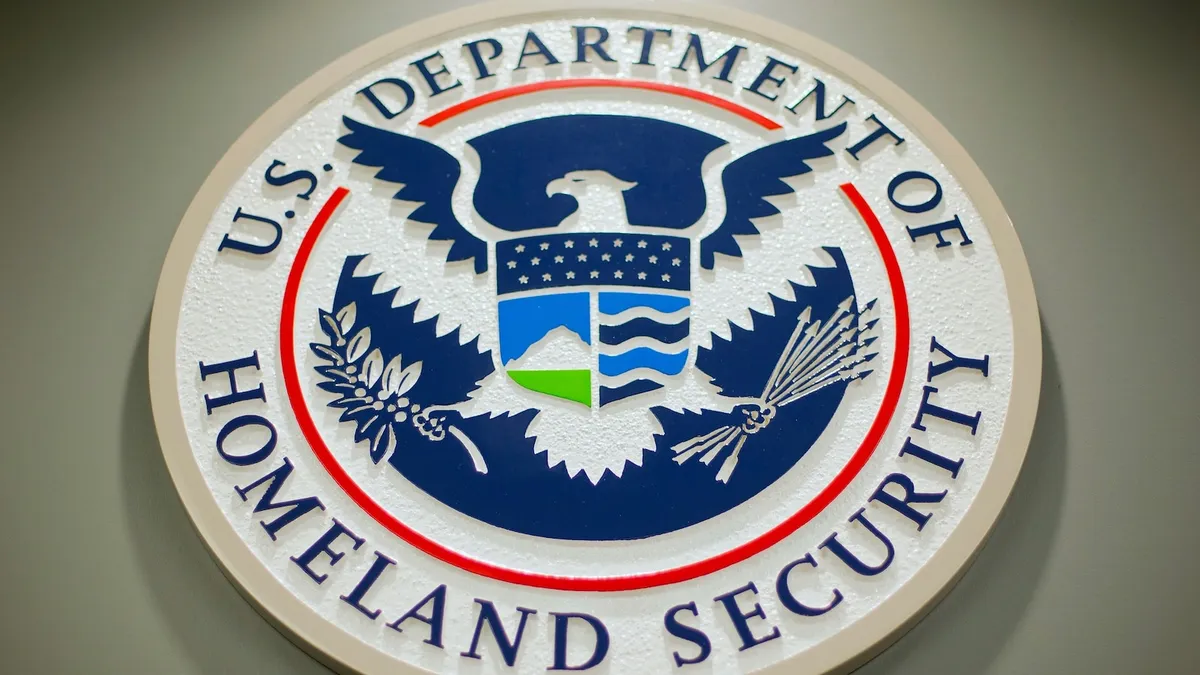
A doctor arriving in the United States to teach medicine was detained at Boston's Logan International Airport on March 13, according to legal documents obtained by ABC News. Dr. Rasha Alawieh, a highly regarded kidney transplant specialist, possessed a valid H1B visa, issued just two days prior on March 11. As a Lebanese citizen, she was set to join Brown University as an assistant professor of medicine, contributing her expertise to the institution's Division of Nephrology.
Dr. Alawieh's qualifications are impressive; she has undergone rigorous training at prestigious institutions, including the University of Washington and Yale University. Her legal filing indicates that her absence has caused significant distress within Brown's Division of Nephrology. Colleagues have stepped in to cover her responsibilities, but this is only a temporary solution. The document highlights her critical role, stating, “Dr. Alawieh is an outstanding academic in Transplant Nephrology, and she is needed at Brown Medicine.”
According to the legal documents, officials from the Department of Homeland Security (DHS) provided no clear reason for Dr. Alawieh's detention. Inquiries made by ABC News to Customs and Border Protection (CBP) regarding her current whereabouts and the rationale behind her entry denial went unanswered. However, Hilton Beckham, CBP's Assistant Commissioner of Public Affairs, released a statement emphasizing the agency's commitment to national security. He stated, “Arriving aliens bear the burden of establishing admissibility to the United States.” The statement underscored the rigorous protocols in place by CBP to identify and stop potential threats.
A U.S. district court judge in Massachusetts intervened, ordering that Dr. Alawieh should not be deported without a 48-hour notice and a valid reason from DHS. Despite this court order, it was reported that DHS “willfully” disregarded the ruling and proceeded to deport Dr. Alawieh to France, with plans for her to continue on to Lebanon. The confirmation of whether the deportation occurred as scheduled remains unverified. As the situation unfolds, the next hearing is set for Monday morning.
The detention and subsequent deportation of Dr. Alawieh raise significant questions about the treatment of international scholars and the processes surrounding visa applications in the United States. As universities increasingly rely on global talent to enhance their academic programs, incidents like these could deter qualified professionals from pursuing opportunities within the U.S. education system.
The case of Dr. Rasha Alawieh serves as a critical reminder of the complexities involved in immigration and the importance of transparency in the admission process for international scholars.